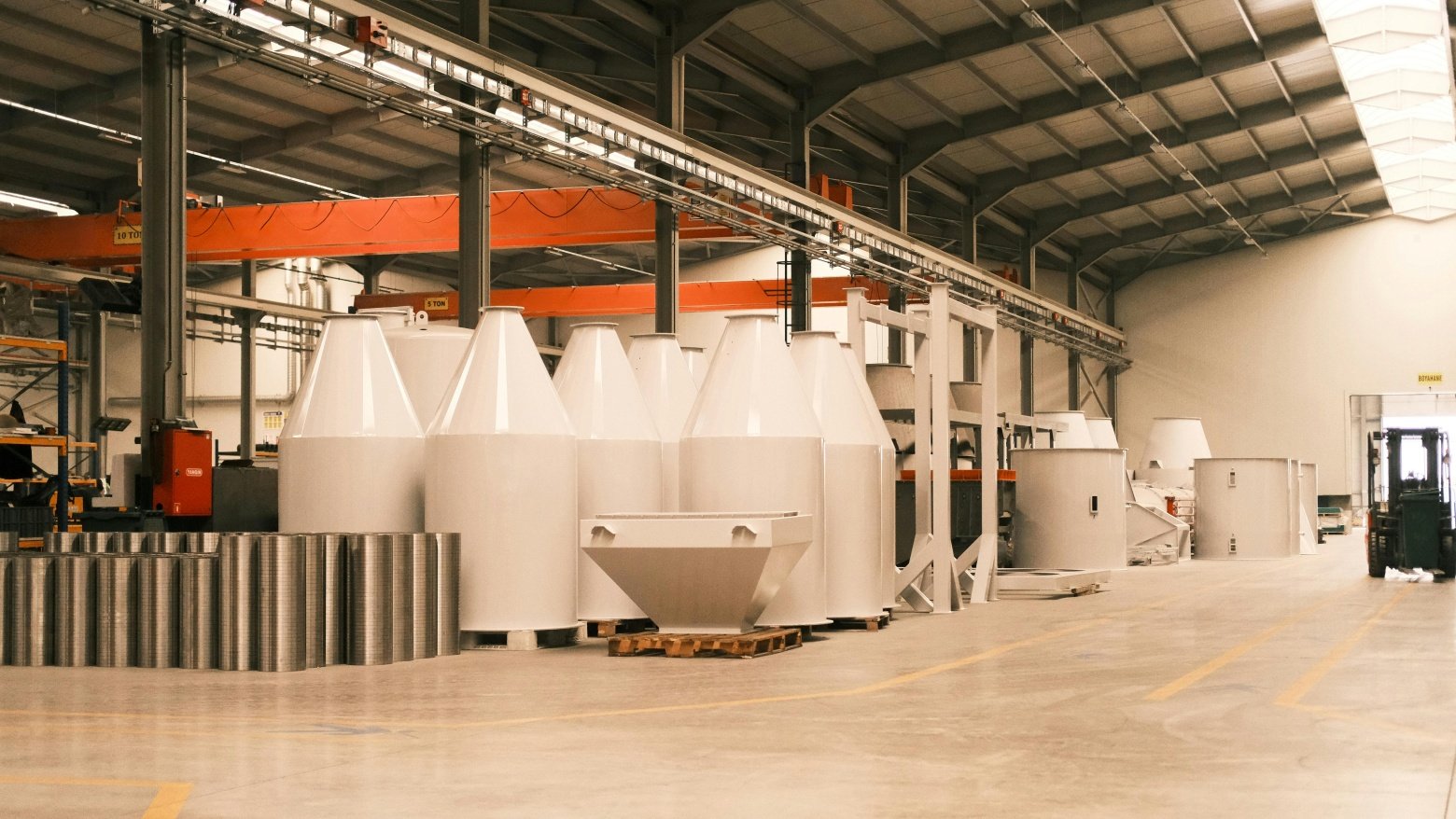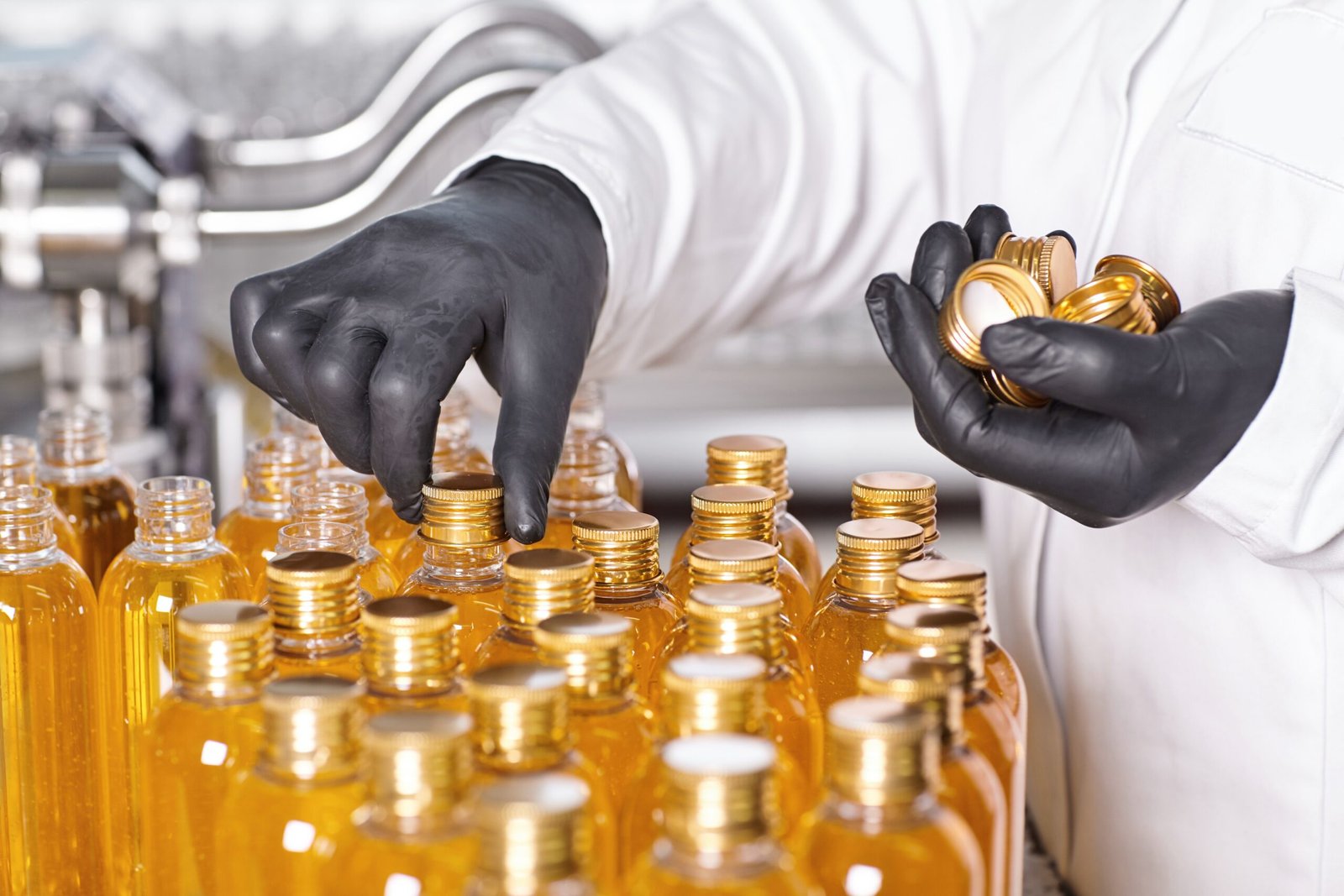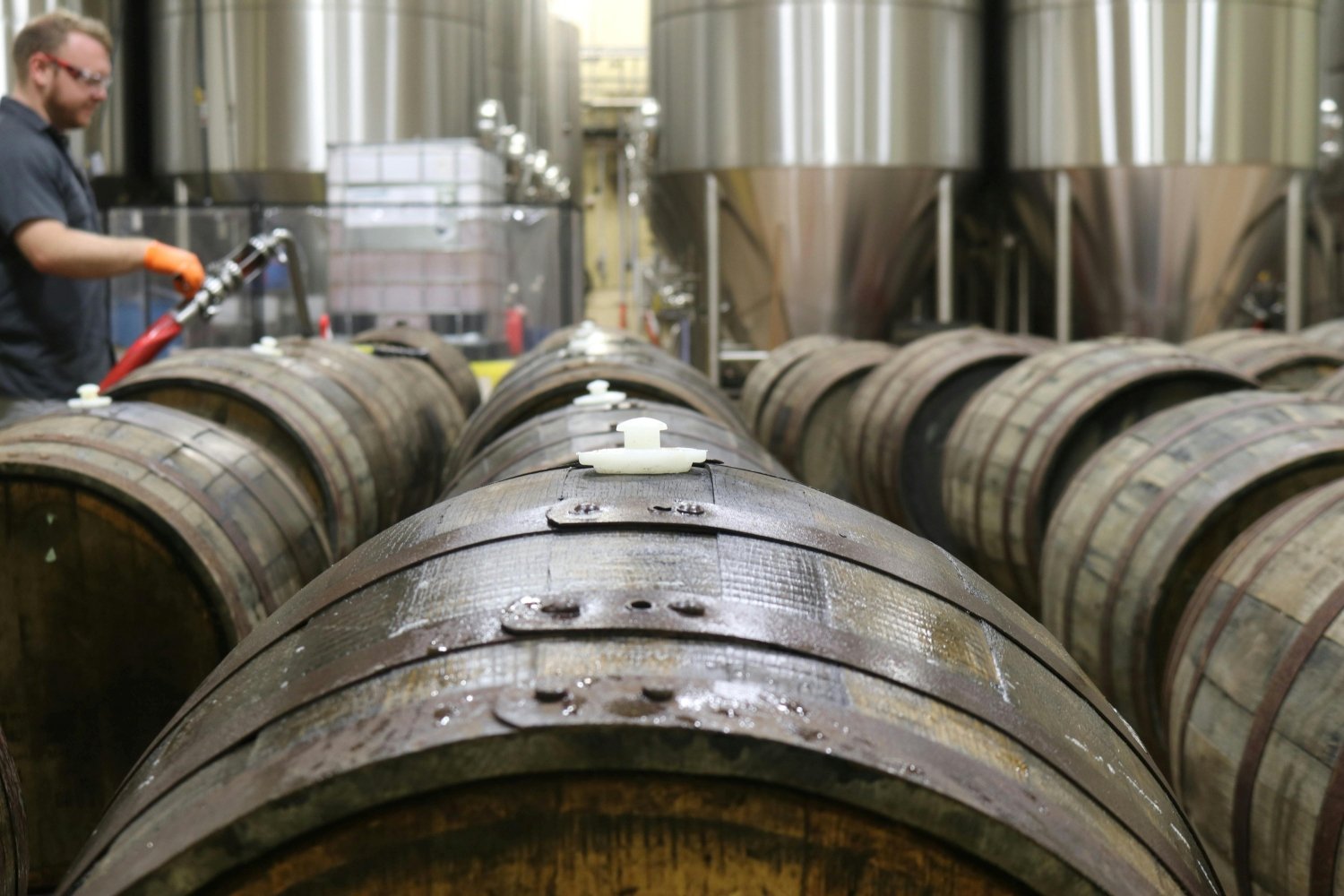What Are the Prerequisite Programs (PRPs) Required in FSSC 22000?
To build a strong foundation for food safety, FSSC 22000 certification requires not only a solid HACCP plan but also comprehensive Prerequisite Programs (PRPs). These are essential conditions and activities that create a hygienic production environment. Without effective PRPs, your critical control points may fail—putting food safety at risk. Here’s what you need to know.

What Are PRPs in FSSC 22000?
-
Preventative practices that control general hazards in the facility
-
Support the implementation of HACCP and food safety management systems
-
Address contamination risks from environment, people, equipment, and operations
-
Required based on ISO/TS 22002 series depending on sector (e.g., food manufacturing, packaging, animal feed)
-
Must be documented, implemented, maintained, and verified
Key PRPs for Food Manufacturing (ISO/TS 22002-1)
1. Construction and Layout of Buildings
-
Designed to prevent contamination
-
Proper zoning (low-risk vs. high-risk areas)
-
Smooth, cleanable walls, floors, and ceilings
2. Layout of Premises and Workspace
-
Logical product flow to reduce cross-contamination
-
Segregation of raw and finished goods
-
Adequate space for equipment and personnel movement
3. Utilities (Water, Air, Energy)
-
Safe water supply for cleaning, processing, and as an ingredient
-
Air quality control in sensitive areas
-
Maintenance and protection of utility lines
4. Waste Disposal
-
Separate collection for food, non-food, and hazardous waste
-
Covered bins and frequent disposal
-
Prevention of pest attraction and contamination
5. Equipment Suitability, Cleaning, and Maintenance
-
Made of food-grade, corrosion-resistant materials
-
Easy to clean and maintain
-
Cleaning schedules and records maintained
6. Management of Purchased Materials
-
Approved supplier list
-
Inspection and testing of raw materials
-
COAs and traceability records required
7. Measures for Prevention of Cross-Contamination
-
Color-coded tools for different zones
-
Allergen control measures in place
-
Hygiene barriers and air pressure differentials
8. Cleaning and Sanitizing
-
Written cleaning procedures for all areas and equipment
-
Verified effectiveness using swabs or inspections
-
Use of approved chemicals
9. Pest Control
-
Regular inspections and treatment by qualified personnel
-
Use of bait stations and monitoring devices
-
No pest entry points (e.g., sealed windows, doors)
10. Personnel Hygiene and Facilities
-
Handwashing stations with soap, sanitizer, and signage
-
Adequate locker rooms and toilets
-
Personal hygiene policy and enforcement
11. Rework Procedures
-
Clear identification and segregation of rework
-
Evaluation for safety and quality before reprocessing
-
Proper documentation and traceability
12. Product Recall and Withdrawal
-
Written recall procedure with roles and responsibilities
-
Mock recall testing
-
Traceability from raw materials to distribution
13. Storage and Transport
-
Temperature-controlled areas where necessary
-
Clean, secure, and pest-free storage
-
Vehicle hygiene and inspection prior to loading
14. Allergen Management
-
Identification and segregation of allergenic ingredients
-
Label checks and verification
-
Cleaning validation to prevent cross-contact

Verification and Maintenance of PRPs
-
Internal audits and inspections
-
Daily checks and documentation
-
Corrective actions for non-conformities
-
Staff training and supervision
Why PRPs Matter in FSSC 22000 Certification
-
Form the base layer of your food safety system
-
Reduce risk before reaching CCP level
-
Required for audit readiness and GFSI recognition
-
Demonstrate proactive risk management to buyers and regulators
Need Help Developing and Implementing PRPs?
At CAYS Scientific, we help food companies meet FSSC 22000 standards through:
✅ Customized PRP implementation for your industry sector
✅ Staff training on hygiene, cleaning, pest control, and more
✅ Gap assessment and audit preparation support
✅ Integration of PRPs with HACCP and ISO 22000 systems
📞 Contact CAYS Scientific today to strengthen your food safety system from the ground up—with fully compliant and effective PRPs.


